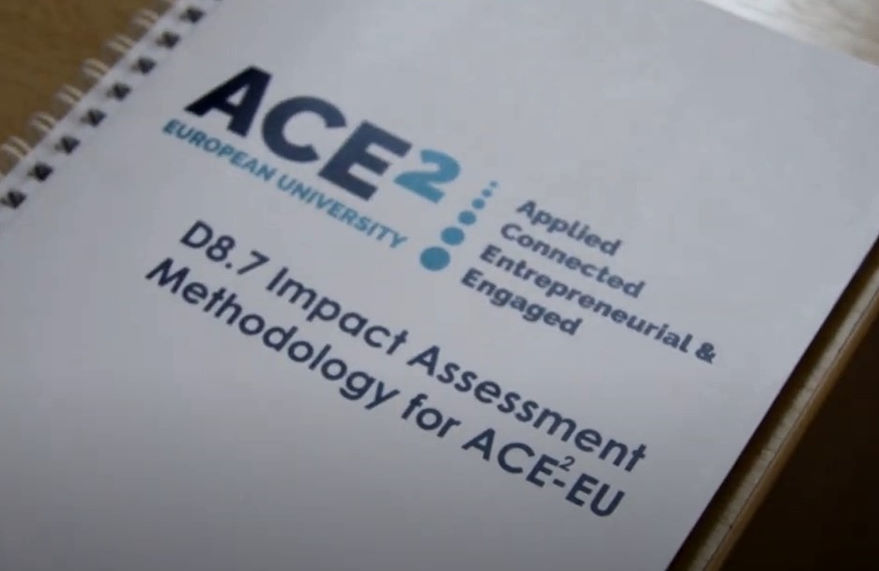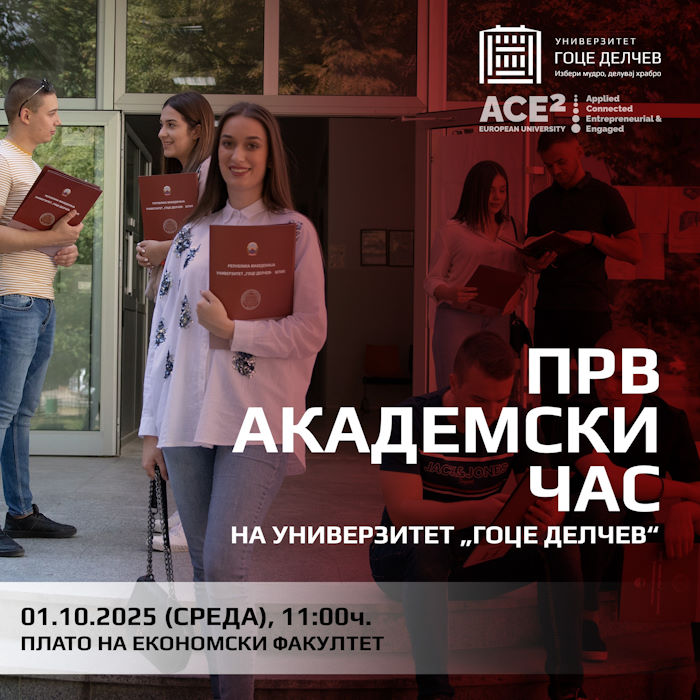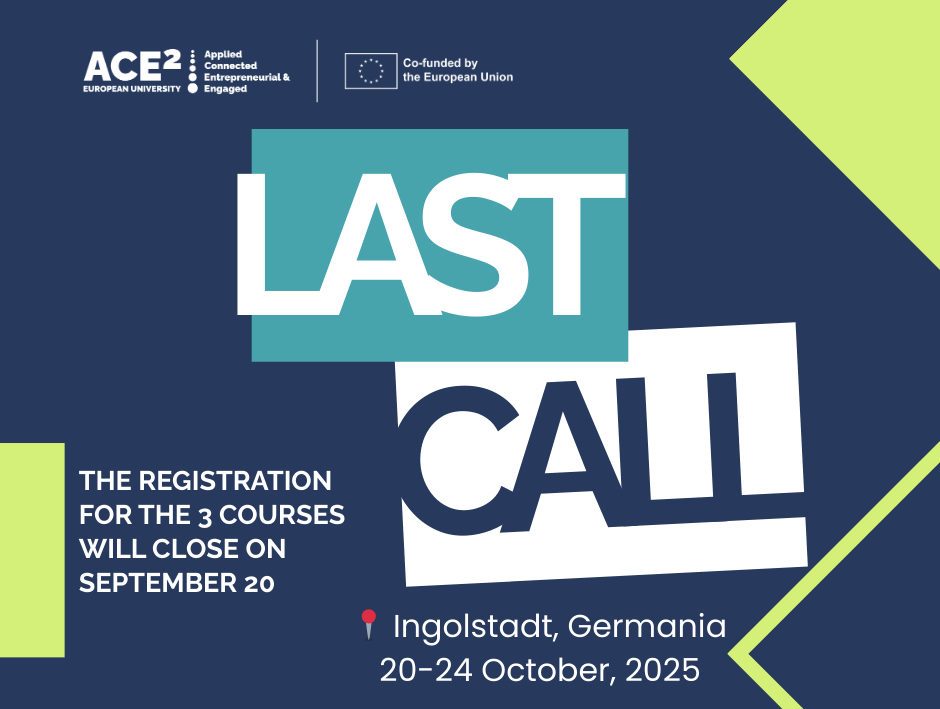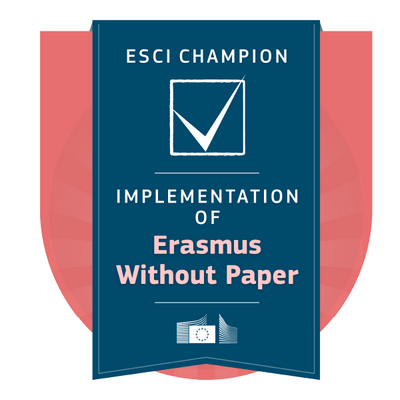Within the framework of the activities of the UGD membership in the European Alliance of Universities “ACE²-EU”, an information meeting was held for work package 2. According to Prof. Dr. Borka Tuševska from the Faculty of Law, the meeting was organized for the needs of work package number 2.The role of this work package within the alliance is essentially the creation of that pedagogical factory from which more short programs and short courses should emerge in the long term that are within the framework of microqualification, microcredential within the alliance.
– Today’s meeting aims, based on a previous internal call from work package number 2, to register experts from the “Goce Delchev” University, meaning our human resources capacities to register their interest in registering for the activity. The goal was not to make an analysis, but to map our human resources and use them within the framework of the alliance’s activities in the areas where they will make the most contribution – said Prof. Dr. Tuševska.
According to her, these activities are in step and direction with what is happening in Europe in terms of the activities of universities.
– My experience and my perception, which I think is quite realistic, micro-accreditation and micro-qualification is something that the whole of Europe is moving towards. In the world, not only in Europe, universities work in two shifts. The first shift implements accredited study programs, and the second shift literally operates micro-universities within a university. This implies a short, strict specialization, i.e. micro-qualification for a specific area. We, in fact, through these programs that Europe supports, and universities in practice support, to select competent people, people who are willing to work and to engage with their expertise so that a program can be made that will last a month, two weeks, five days, but it will be a sublimation of a theoretical and practical part, but from people who have doctorates in that field, people who have practical expertise in that field, with the involvement of laboratories, other infrastructure – says Tuševska.
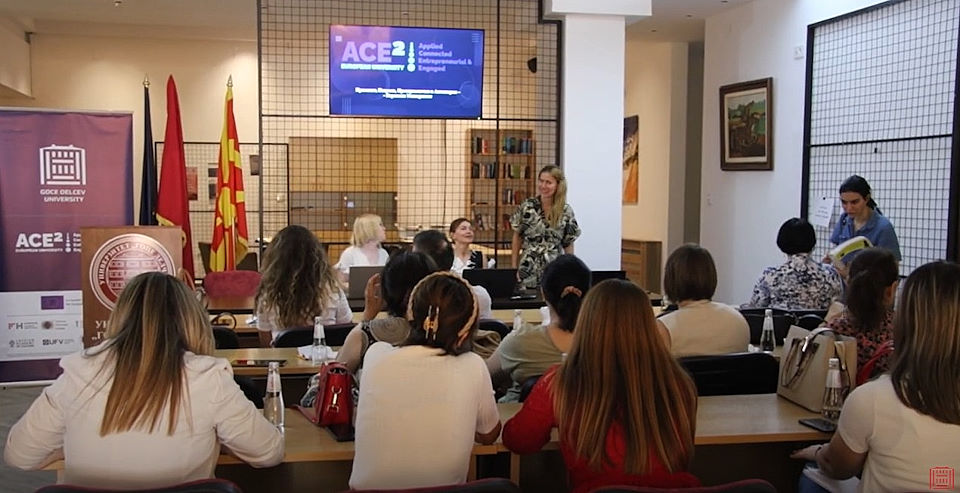
In the last 10 to 15 years, things and needs have changed in the area of higher education, it seems to me from the previous 30 years. Higher education requires new, innovative, practical methods. What this means is that students are increasingly avoiding – whether under the influence of digitalization or new technology – reading books with 200, 300 pages, focusing more on innovative, short pedagogical methods that include checklists, short texts, inclusion of cultural events, audiovisual clips, films, entry into the laboratory, depending on the specifics of the program. Higher education must concentrate on educating students to solve specific problems. Europe and the market in Europe require an academic background in a certain area, it can be law, economics, informatics, mechanical engineering, computer science, but to have certain micro-qualifications from some other professions. For example, an economist should know informatics in a certain segment – believes Prof. Dr. Tuševska.
According to her, with this we are also solving another challenge, because in the next four or more years, over 300-400 students should come to the UGD for one, two weeks, ten days. These are potential opportunities for cooperation, for joindegree in the second and third cycle of studies. So when we look at it through the prism of sustainability, the Alliance is an opportunity for both professors and students and administrative and technical staff, all of us to grow and contribute together to the progress of the University.
Translated with Google Translate

